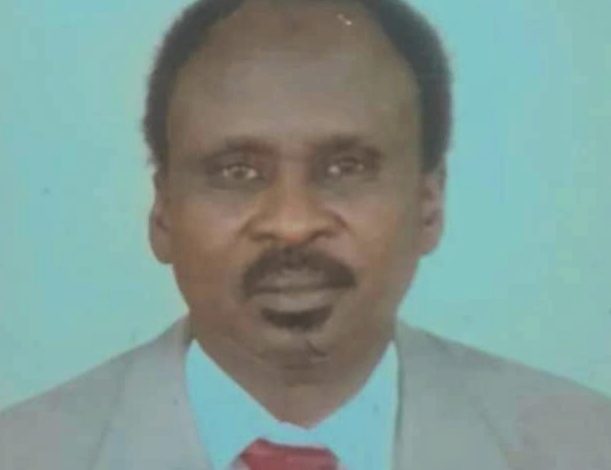Opinion
Kekal’s Surrender: A Different Perspective

By Awad Abkar Ismail
There is no doubt that Kekal’s surrender to the Sudanese army was neither out of duty nor a sense of responsibility toward the nation and its citizens, who endured great hardship at the hands of the rebels. Instead, Kekal took this step under compulsion due to the siege imposed upon him—by air through Sudanese military aircraft and by land through special forces in the Batana plains, who pursued him from village to village and plain to plain. Forced to roam these plains and jungles in search of safety, he sought only to save his life and avoid the fate of his comrade, Al-Bishi.
Therefore, Kekal should not be viewed as a national hero committed to his country’s honor or citizens’ dignity, no matter the extent of the security, political, or media value of his return. He betrayed his homeland, joining hands with the rebel Rapid Support Forces and their mercenaries at a time when the nation most needed him and his weapon. He and his forces, along with the Rapid Support Forces’ mercenaries, spilled the blood of their compatriots in and around Al-Jazira, with the incident in Wad Al-Noura being just one example.
Yes, he returned to his homeland, but as a wayward son who has come to his senses, defeated and taking advantage of the general amnesty declared by Lt. Gen. Abdel Fattah al-Burhan, Chairman of the Sovereign Council and Commander-in-Chief of the Armed Forces, at the onset of the April 2023 war. This amnesty decision provided immunity to active fighters in the Rapid Support Forces militia from punitive measures upon their surrender to the armed forces and the handover of their weapons, after which they would be gathered at designated locations pending decisions regarding their release or reintegration into the military.
It is essential to emphasize that this amnesty does not cancel the private rights of citizens, who retain the right to file lawsuits against any militia leader or Rapid Support Forces member in Sudanese courts after the war. This right remains intact if evidence demonstrates that any individual caused harm, theft, humiliation, or abuse at any point in time. There is no longer room for impunity. This war is unique in its cruelty and nature, distinguishing it from previous conflicts in Sudan since independence. Unlike previous wars, which took place between the national army and rebels in battlefields, this war has ravaged citizens’ homes and violated Sudanese morals and values.
I must also point out that the protraction of the war has created a new reality, surpassing the initial terms for the integration of rebels into the armed forces and other security institutions upon their disarmament and surrender. When this condition was set, the Rapid Support Forces were more disciplined and adhered more closely to military laws and norms, refraining from engaging in acts of murder, looting, rape, and abuse of citizens. Now, however, the situation has changed dramatically. Their leaders have incited deception among certain Arab Baggara tribes in Darfur and Kordofan, rallying them under the banner of establishing an “Atawiya State” and recruiting groups from African communities in Darfur. They have also enticed other groups from different regions in Sudan with promises of money and broad slogans about restoring civilian rule and opposing remnants of the previous regime. Additionally, rebel leaders have brought in mercenaries from Arab diaspora groups in West Africa and neighboring countries.
This shift has led to a breakdown in discipline within their ranks, transforming these forces into something akin to Boko Haram in Nigeria, leaving destruction and ruin wherever they go and subjugating the local population. Integrating forces of such a nature into an army known for discipline, honor, and professionalism is a near-impossible task. These forces have torn apart the fabric of honor and stained the sanctity of Sudanese soil with the blood of innocence.



